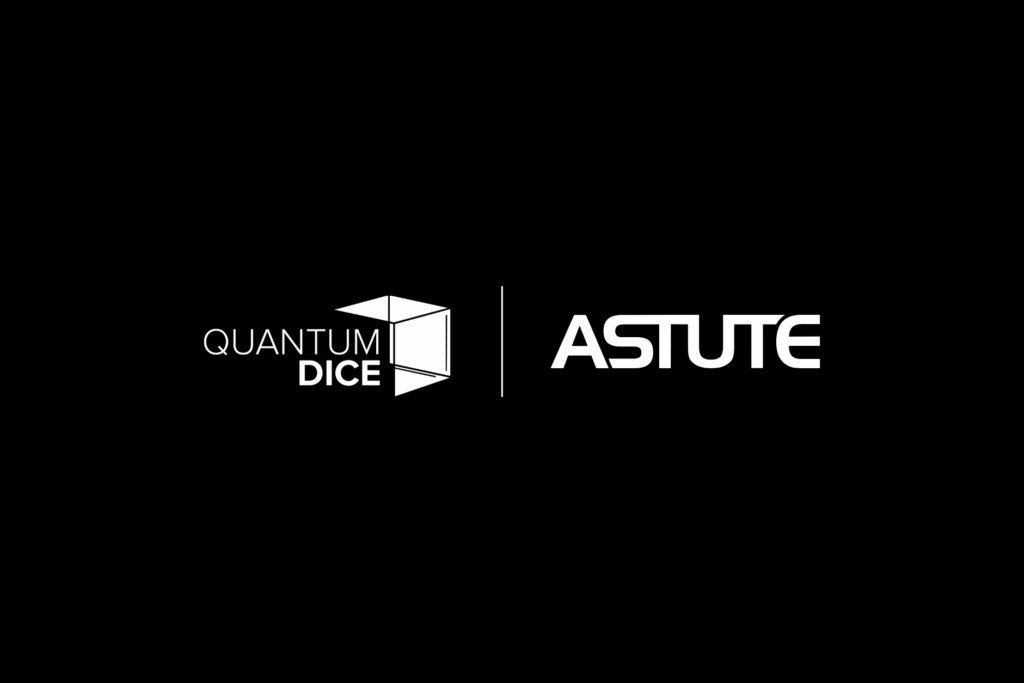
The U.S. government may be taking another step to show just how serious the country is in making quantum computing leadership a national goal, according to an article in NextGov.
Legislation introduced by, Rep. Morgan Griffith, R-Va., seeks to promote U.S.-led advancements within—and increase the government’s understanding of—the global quantum computing landscape.
If passed, the Advancing Quantum Computing Act would mandate the Commerce Department’s secretary and other appropriate federal agency officials to complete a comprehensive study that incorporates four separate surveys, holistically honing in on the state of quantum computing and its potential impacts on U.S. commerce and society, according to the site.
“We can’t depend on other countries, particularly competitors such as China, to guarantee American economic leadership, shield our stockpile of critical supplies, or secure the benefits of technological progress to our people,” Griffith said in a statement. “It is up to us to do that.”

Quantum computing has made quantum computing a federally-focused priority over the last decade, especially since the passage of the National Quantum Initiative Act in 2018, which dedicated more than $1 billion to bolster the research and development of quantum technologies in America over the next five years. American companies have been making strides toward quantum supremacy, and agencies are launching new public-private partnerships to develop the advanced technology. President Trump also proposed at least half a billion in quantum-focused investments this year for fiscal 2021.
Griffith’s bill aims to help make sense of America’s quantum reality, and potential. According to his announcement, it seeks to improve federal officials’ grasp of how quantum computing can benefit the economy and help track and mitigate risks to the supply chain.
Within two years of the act’s passage, the Commerce secretary would need to team up with those deemed appropriate across the government and conduct four quantum-focused surveys. The first is “a survey of quantum computing” to establish lists of industry sectors leaning into quantum computing and public-private partnerships that support quantum adoption. It would also incorporate descriptions of precisely how those sectors are building and using the tech, and the “advantages and disadvantages quantum computing may present” for American businesses.
The second survey would address “federal activity related to” the technology.” This examination would “identify all interagency activities related to quantum computing,” and establish an exhaustive list of agencies and departments asserting jurisdiction over public and private quantum-focused activities. The survey would also need to describe the actual jurisdiction and expertise federal entities have in relation to quantum computing, and “identify each federal rule, regulation, guideline, policy and other federal activity implemented by each federal agency.”
An “international survey” that would lead to an assessment of the quantum strategies of between 10 to 15 other nations. It would not only need to include each of those entities’ national quantum strategies, but it would also need to specify how the U.S. ranks in comparison.
The final survey would focus on the marketplace and supply chain of quantum computing, aiming to assess the current, emerging, and long-term risks posed to each. It would also offer up a review of how foreign governments or others might have the ability to exploit that supply chain and marketplace—and therefore threaten U.S. national and economic security.
In the half-year that follows the completion of the study, the secretary and others involved would be expected to provide the House Energy and Commerce and Senate Commerce, Science and Transportation committees with the results of their findings. The team would also need to supply numerous recommendations to Congress on the matter, including those to help address duplicative policies or rules that could impede quantum adoption, strategies to confront and put an end to present hazards to the quantum supply chain, and more.
Upon introduction, Griffith’s legislation was subsequently referred to the House Energy and Commerce Committee, as well as the Science, Space, and Technology, and Foreign Affairs Committee.
















